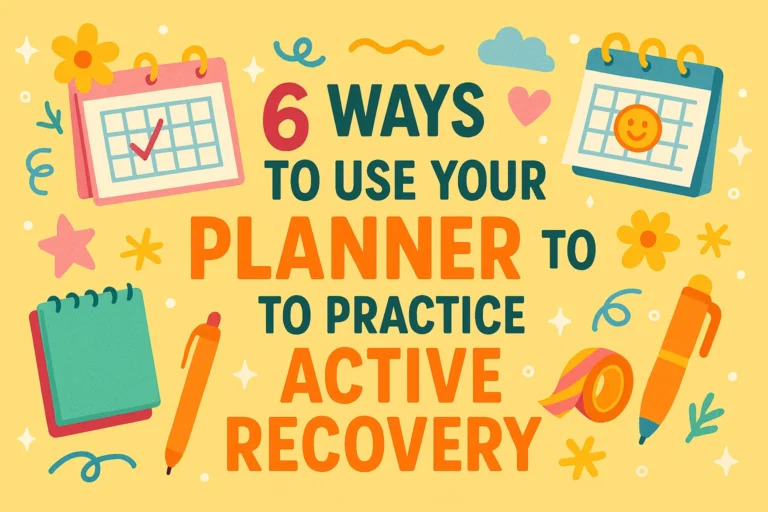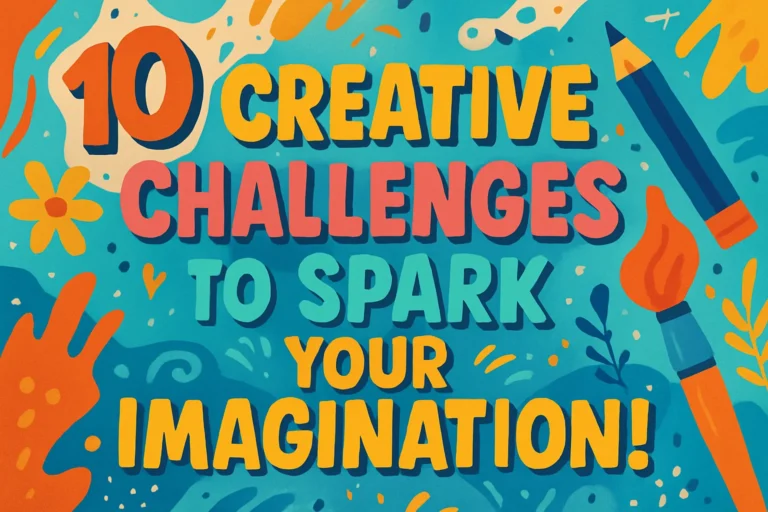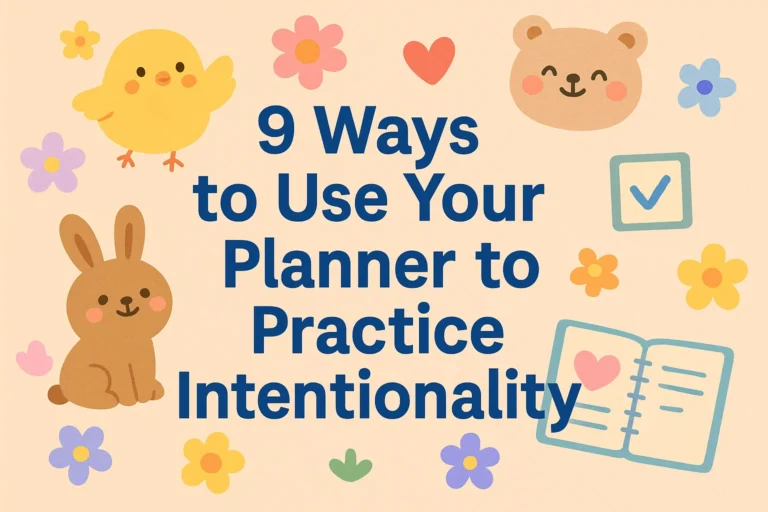Essential 10 Class Study Tips Boost Your Learning with Effective Techniques
Essential 10 Class Study Tips: Boost Your Learning with Effective Techniques!
Hey there, future valedictorian! Ever find yourself staring at a textbook, your eyes glazing over, and realizing you’ve just read the same sentence five times without a single word actually entering your brain? Yeah, we’ve all been there. Studying can feel like a chore, a battle of wills between you and a mountain of information that just won’t stick.
But what if I told you it doesn’t have to be that way? What if you could actually learn more in less time and maybe even enjoy the process? I’m not talking about magic pills or questionable “super-learning” hacks. I’m talking about real, evidence-backed techniques that transform you from a passive highlighter into an active learning ninja. I’ve been through the academic wringer myself, and after plenty of trial and error (mostly error), I’ve nailed down the strategies that truly work. Let’s ditch the ineffective cramming and build some study habits that actually deliver.
Find Your Perfect Study Spot (And Defend It!)
First things first: where you study matters almost as much as how you study. Your noisy dorm room with roommates debating the best pizza place? Not ideal. The kitchen table during dinner prep? A disaster waiting to happen.
You need a dedicated zone. This isn’t just about physical space; it’s about training your brain. When you sit down in your spot, your brain should automatically switch into focus mode. My personal sanctuary was a specific carrel on the quiet floor of the library. It wasn’t glamorous, but my brain knew the deal: time to work.
Your mission is to find a place with:
* Minimal Distractions: This is non-negotiable. Silence your phone, block social media on your laptop (I use a great app for that), and find a quiet corner.
* Good Lighting: Your eyes will thank you, and it helps you stay alert. Natural light is a huge bonus!
* All Your Supplies: Before you start, get your textbooks, notebooks, pens, and a giant bottle of water. Getting up every five minutes for something is a surefire way to break your flow.
Plan Your Attack: The Power of the Study Schedule
Flying by the seat of your pants is a fantastic way to ensure you’re cramming at 2 a.m. the night before an exam. Trust me, I’ve done it. The adrenaline is not worth the sheer panic.
Instead, become the master of your calendar. A study schedule is your ultimate weapon against stress. It’s not about locking yourself away for 10 hours straight. It’s about consistent, manageable chunks.
- Get a planner (digital or old-school paper—whatever works for you!).
- Block out your fixed commitments: classes, work, club meetings.
- Now, schedule your study sessions like they’re important appointments. Can’t miss them!
- Be realistic. Planning for six hours of biology on a Sunday is a recipe for burnout. Aim for shorter, more frequent sessions. A 50-minute focused burst followed by a 10-minute break is far more effective than four hours of distracted “studying” while also watching Netflix.
Become a Note-Taking Ninja
Passively listening in class and scribbling down exactly what’s on the PowerPoint is a waste of time. IMO, the goal isn’t to transcribe; it’s to translate. You need to process information as you receive it.
Ditch the verbatim notes and try one of these methods:
* The Cornell Method: Divide your page into three sections. Take notes in the main section during class. Afterward, use the left column to write key questions or cues. Finally, summarize the entire page’s main ideas at the bottom. This forces you to engage with the material three times!
* Mind Mapping: Perfect for visual learners and subjects like history or literature that involve lots of interconnected ideas. Start with a central concept and branch out with related topics, using colors and images. It’s way more fun than a linear list.
Active Recall: Your Secret Weapon
This is the big one. The game-changer. Most of us study by re-reading notes and highlighting text. This makes us feel like we’re learning because the information is familiar. But familiarity is not the same as recall.
Active recall is the practice of actively retrieving information from your brain. It’s the difference between recognizing an answer on a multiple-choice test and producing it from scratch on an essay question.
How do you do it?
* After reading a chapter, close the book and write down everything you remember.
* Use flashcards—but don’t just flip them over. Struggle with the answer before you check it. That struggle is where the real learning happens.
* Teach the material to someone else (or even to your pet goldfish). If you can explain it simply, you truly understand it.
Space It Out: Ditch the Cram Session
Cramming is like stuffing a suitcase until it bursts. It might close for a second, but everything is going to explode everywhere at the most inconvenient time. Our brains learn better over time.
Spaced repetition is the antidote to cramming. It involves reviewing information at increasing intervals over time. You see something again just as you’re about to forget it, which solidifies the memory. Apps like Anki are built on this principle. It’s not the most exciting way to study, but holy cow, is it effective. The first time I used it for a language class, I was shocked at how much vocabulary I retained with minimal effort.
Find Your People: Form a Study Group
Okay, I know. Sometimes study groups are just social hours in disguise. But a good study group? Pure gold.
The key is to find 2-4 other people who are actually serious. Use your time to quiz each other, debate concepts, and explain tricky topics. You’ll quickly discover gaps in your own understanding when you try to teach it to someone else. Just set some ground rules to keep everyone on track. FYI, explaining the concept of quantum entanglement to my study group is how I finally got it. Their confused faces forced me to clarify my thinking! 🙂
Mix It Up: Interleaving for the Win
This tip sounds weird but stick with me. Instead of studying one topic to completion before moving on (called “blocking”), try mixing different subjects or types of problems together. This is called interleaving.
For example, if you’re studying math, don’t do 20 calculus problems in a row. Do a few calculus problems, then a few algebra problems, then circle back to calculus. It feels harder and more frustrating in the moment, but this process forces your brain to constantly identify which strategy to use, leading to much stronger learning and better problem-solving skills.
Take Breaks (Seriously, It’s Science)
Marathon study sessions are a myth. Your brain’s ability to focus is like a muscle; it gets tired and needs rest. Pushing through fatigue is a waste of time.
The Pomodoro Technique is your new best friend. Here’s how it works:
* Set a timer for 25 minutes and work with intense focus.
* When the timer goes off, take a mandatory 5-minute break. Get up! Walk around. Look out a window. Do not pick up your phone and scroll—that’s not a mental break.
* After four cycles, take a longer 15-30 minute break.
This method keeps your mind fresh and makes a huge task feel much more manageable. I live by this technique, especially when I’m facing a monster study session.
Sleep: The Ultimate Performance Enhancer
Pulling an all-nighter might make you feel hardcore, but it’s literally the worst thing you can do for your grades. Sleep is when your brain files away everything you learned that day, moving it from short-term to long-term storage. Skimping on sleep is like studying all day and then throwing your notes into a shredder right before the test.
Prioritize 7-9 hours of quality sleep, especially during exam season. It’s not lazy; it’s strategic. You’ll think clearer, remember more, and stress less. It’s the ultimate life hack.
Be Kind to Yourself
Finally, cut yourself some slack. You’re not a robot. Some study sessions will be amazing, and others will be a total wash. That’s normal.
- Reward yourself after a solid study session.
- Eat decent food and move your body.
- Remember that your worth is not defined by a single grade.
Mastering how to learn is a skill that pays off forever. It’s not just about acing your 10th-class exams; it’s about equipping yourself for whatever comes next. So try a few of these tips. See what works for you. You’ve got this! Now go forth and conquer that textbook—I believe in you 🙂







